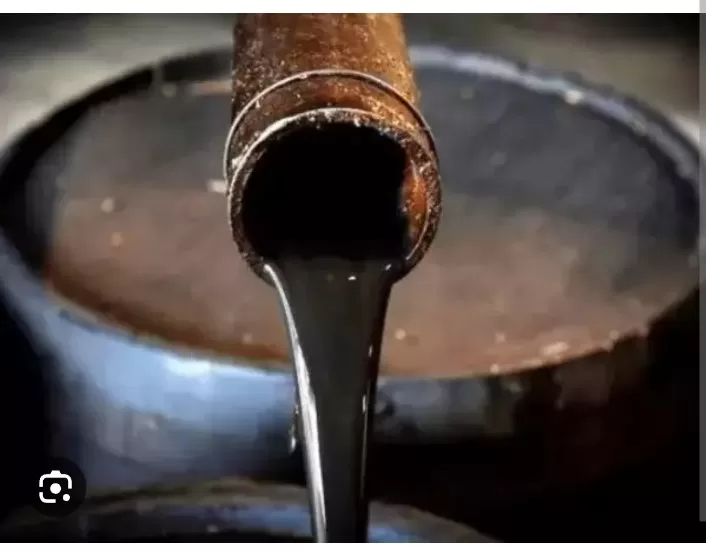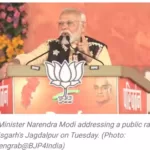As global oil prices surge toward the $100 per barrel mark, India has voiced its apprehensions and emphasized the need for increased oil production by OPEC+ nations. These concerns were raised on the eve of the Adipec summit in Abu Dhabi, the largest energy conference in the Middle East.
Pankaj Jain, Secretary at the Ministry of Petroleum and Natural Gas in India, noted that his country maintains an ongoing dialogue with oil-producing nations, consistently raising the issue of exorbitant crude prices. Presently, crude oil prices stand near $93 per barrel in London, a level that India finds discomforting.
“We need more production now,” Jain asserted. While India acknowledges OPEC’s prerogative to determine production levels, it attributes the recent surge in prices to the group’s production cuts. Jain also emphasized the adverse impact of high oil prices, leading to demand destruction and hampering India’s ability to meet its energy requirements.
In a parallel development, the president of the upcoming COP28 climate talks, Sultan Al Jaber, acknowledged the crucial role the fossil fuel industry plays in addressing the climate crisis. He urged the industry to leverage its scale, capital, and technology to drive positive outcomes.
However, during an oil conference in Abu Dhabi, oil company leaders underscored the economy’s dependence on fossil fuels and attributed rising prices to decreased investments in the sector over recent years. TotalEnergies CEO Patrick Pouyanné announced plans to pursue oil and gas projects with a predicted annual growth rate of two to three percent while allocating $40 billion to energy transition and decarbonization initiatives. Shell CEO Wael Sawan revealed a budget of $10 billion to $15 billion over the next three years for low-carbon solutions.
In the midst of these discussions, global oil prices have fallen for the fourth consecutive day, driven by macroeconomic concerns that overshadow the physical market’s tightness, casting uncertainty on the demand outlook. West Texas Intermediate (WTI) crude traded near $88 per barrel after declining by 2.2% in the previous session. These declines come as fears regarding the global economy continue to weigh on the oil market.
Citigroup Inc. has projected that Brent crude will fall to the low $70s per barrel next year as the market trends back towards a surplus. The bank cited constrained demand and increased oil supply from non-OPEC sources as contributing factors.







